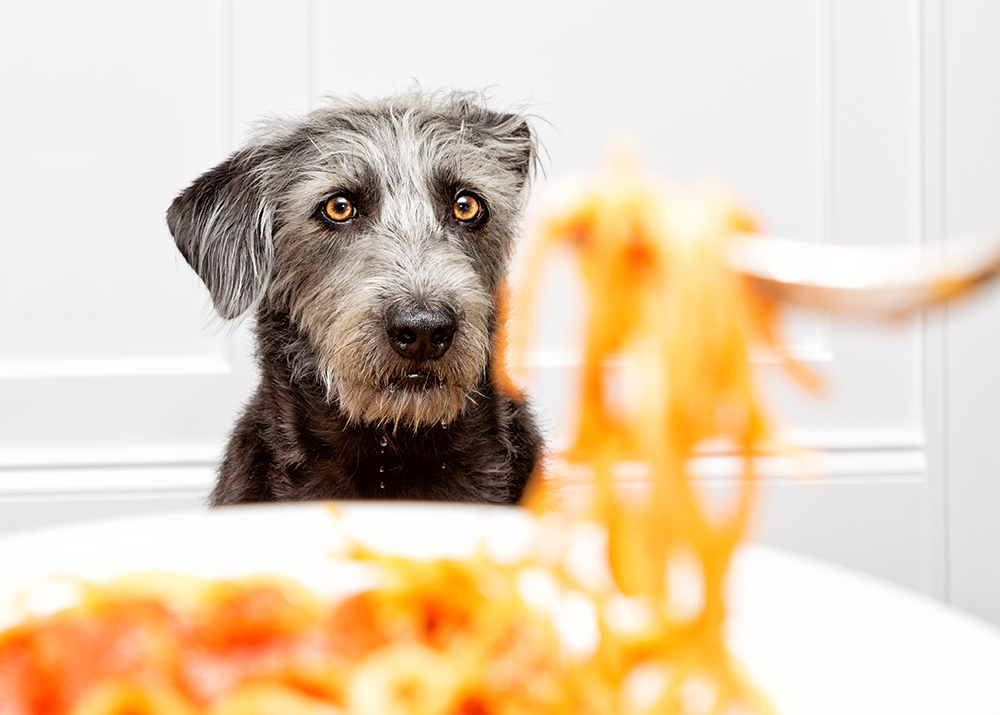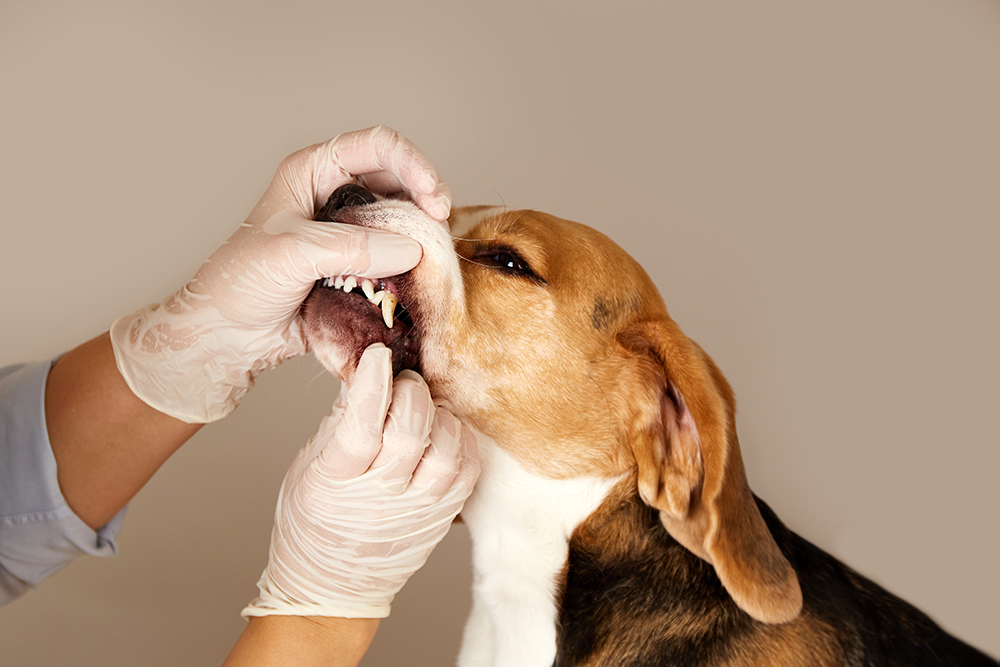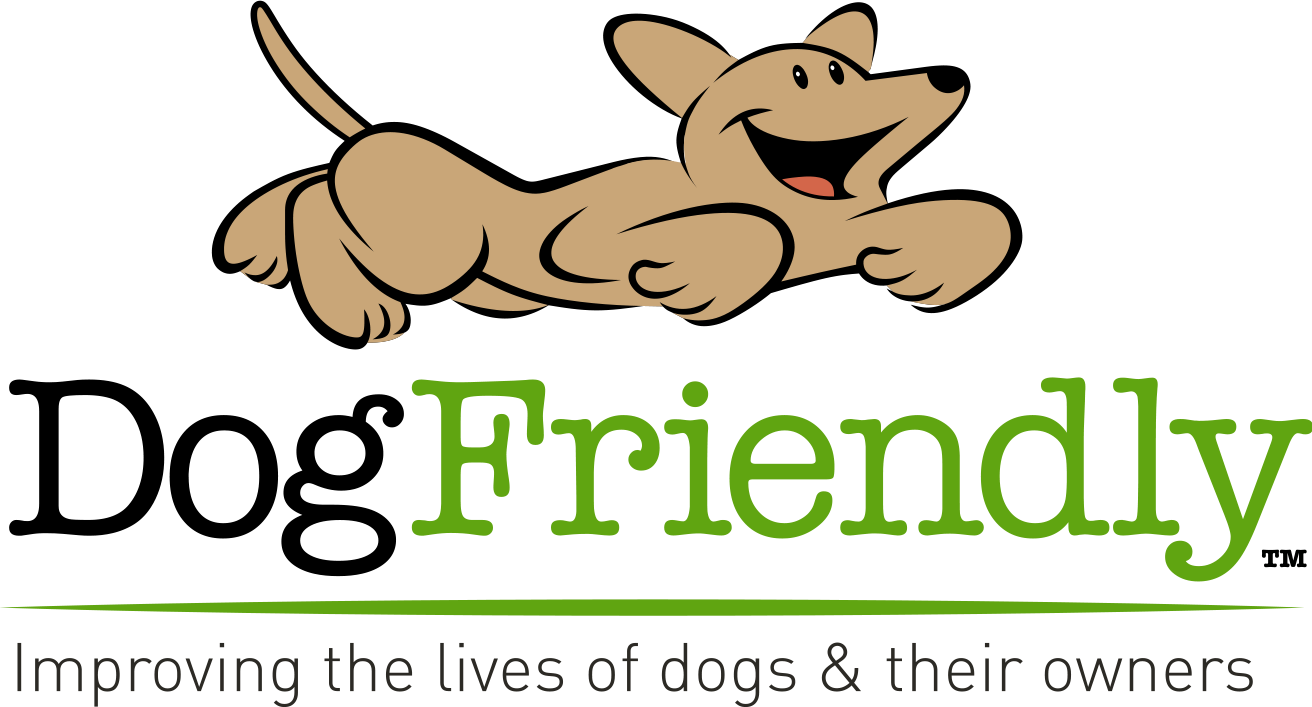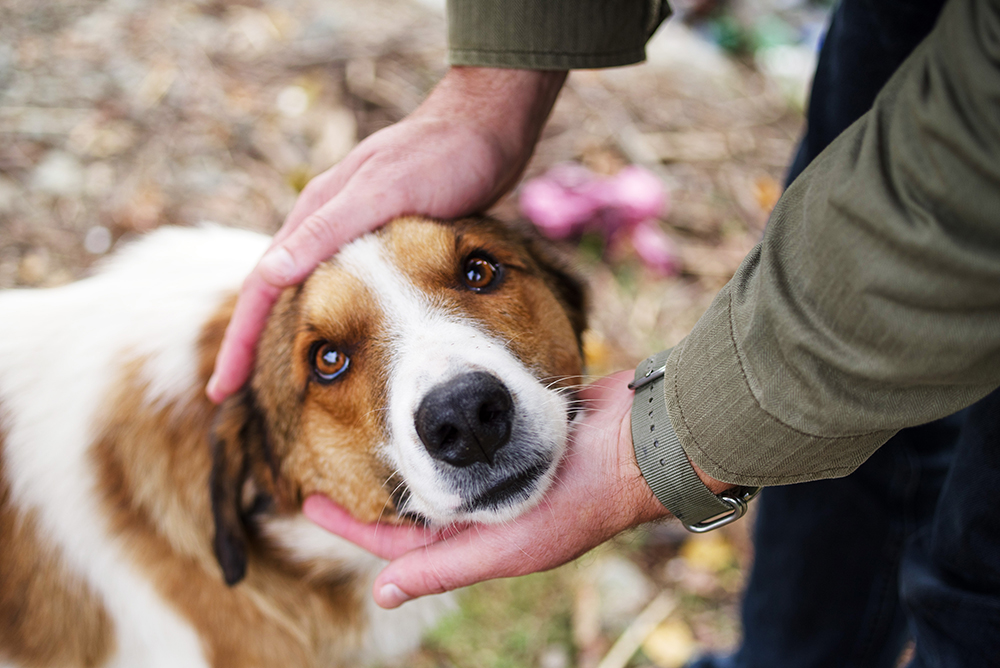Vet, dog groomer and owner of Animal Love Pet First Aid, Sophie Bell. shares important top tips on how to reduce dementia risk by recognising. signs of dementia and helping those suffering from it.

ABOUT SOPHIE Having worked as a vet for 12 years, Sophie began to realise that owners were not often armed with the everyday, lifesaving knowledge that would hugely benefit them and their dogs. She created Animal Love, a teaching platform offering owners and pet professionals courses in health, well-being and first aid alongside educational webinars to help pet owners deal with a variety of situations. Sophie has spoken at many events and on radio, and featured on the BBC programme Inside Out. ● Visit her website at www.animallovepetfirstaid.co.uk
To read more, you will need to become a member of the DogFriendly Blog for just £1. To join, go to Signup or if already a VIP member login here.
WHAT IS DEMENTIA?
Also known as cognitive decline or cognitive dysfunction, dementia happens because of brain ageing. One-third of dogs will show symptoms from aged eight with a staggering 70% affected by aged 15. It is like Alzheimer’s disease seen in humans. Symptoms shown by our dogs include altered awareness and perception, loss of learnt skills such as house training, becoming anxious or scared of places, people, and previously familiar situations. Dogs can become scared even with the simplest change to their routine.

Pasta and bread are rich sources of free radicals
CAN WE MINIMISE THE RISK?
We can’t stop it happening, but we can help by lowering free radicals. These are produced during chronic stress and inflammation, and with an unbalanced diet. They lead to the death of nerve cells that control memory and cognition. Other factors that produce free radicals, include eating too many simple carbohydrates such as pasta and bread. How can we stop these free radicals?
REDUCING INFLAMMATION
● A healthy mouth is so important. Dental disease causes inflammation and that puts stress on the body increasing the numbers of those pesky free radicals.
● Avoiding obesity is vital. Fat cells lead to inflammation. A healthy diet is a must, as unhealthy guts will also mean more free radicals are produced. Reducing pain, inflammation, and stress will keep the brain healthy.

Dental Disease causes inflammation and can lead to more free radicals causing dementia
FEEDING ANTIOXIDANTS
● Antioxidants cannot reverse damage, but they can prevent further damage. Essential fatty acids, such as Omegas 3 and 6 found in salmon oil, are one source of antioxidant. But there are super foods such as kale, blueberries, pumpkin and banana that are packed full of them.
● Diets should be balanced. But adding some extras, especially green leafy vegetables, will have fabulous health benefits. No more than 10% of their daily food intake should be made up of these.
● Always check any new foods introduced are safe, and start with small amounts.
RECOGNISING DEMENTIA
DISHAA by Gary Landsberg is a useful online questionnaire you can take to assess your own pet. Disorientation, interaction, sleep, house soiling, activity, and anxiety can all be hugely altered. Affected dogs often sleep during the day and lie awake at night. They can be distressed and end up pacing, which is known as sundowning. Their interaction can alter, and they become less affectionate or seek reassurance. Many of these changes begin subtly and most owners assume they are pain related. It is important to establish that they are related to cognitive decline.
HOW CAN YOU HELP

Use puzzle feeders and games to encourage interaction
● Stick to a routine, regular feeding times, walk in familiar areas, avoid changes around the home, and do not add new pets where possible.
● Keep the brain active. Use puzzle feeders and games, scent work, and encourage interaction.
● Sniffing is known to increase blood flow to the brain. Help the sense by warming food to make it smelly and keeping a lamp on at night to help with reduced night vision. Make sure conditions such as arthritis are well controlled and if there is dental disease then speak to your vet about dental work.
● Many affected dogs are anxious. Chat to your vet about anti-anxiety treatment, as there are drugs and herbal options available. Often a combination of both is needed.
● Take the questionnaire. Early recognition leads to better control and can improve the quality of life.

